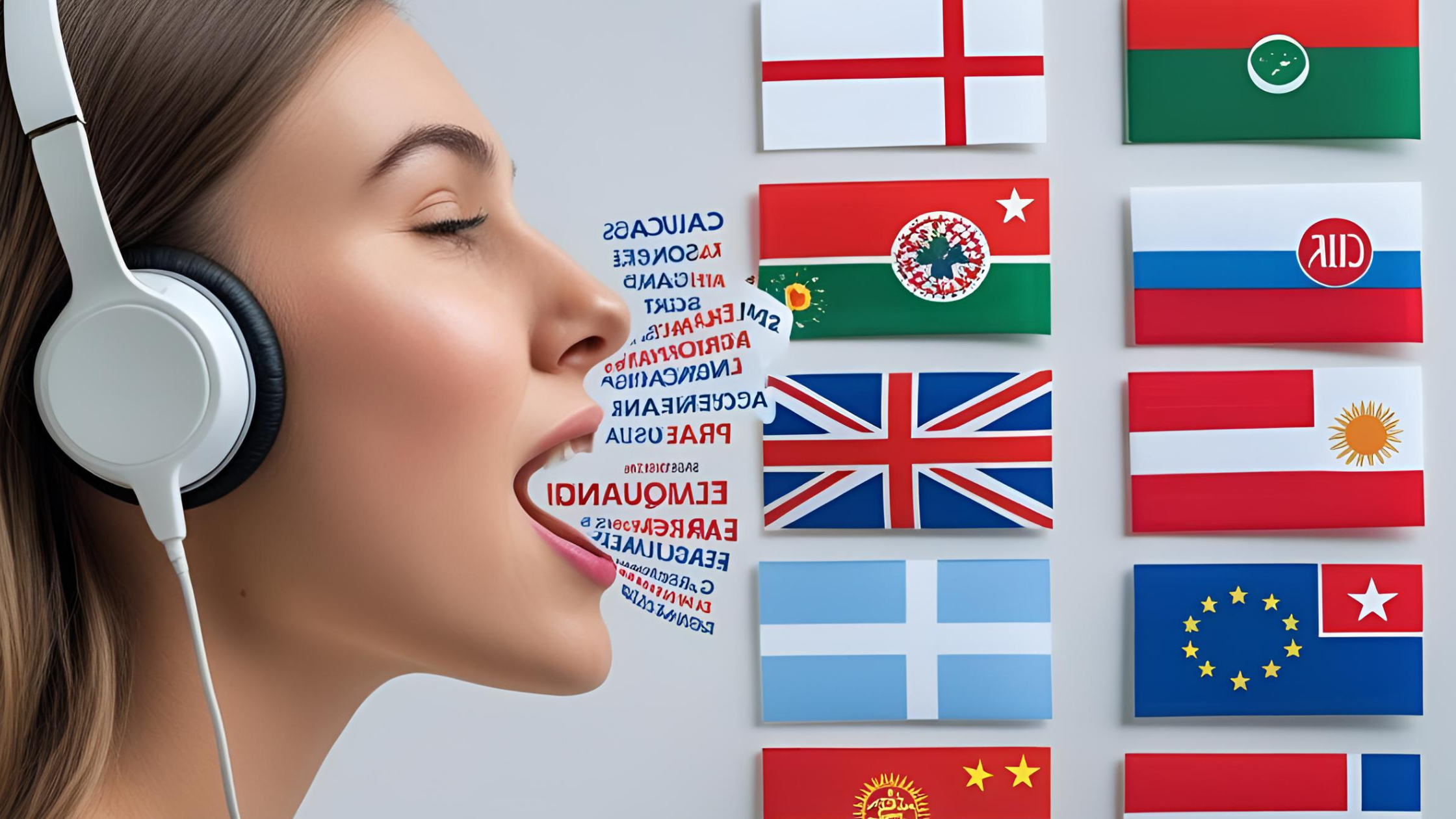What Does It Mean to Be a Polyglot in the 21st Century
We live in an era where language barriers dissolve with a single click. Being a polyglot today goes far beyond collecting languages like trophies; it’s about embracing the world with a keen ear, an open heart, and an expanding mind. But what does it truly mean to be a polyglot in the 21st century?

📌 Polyglotism: Identity or Skill?
The term polyglot (from the Greek poly = many, glotta = tongue/language) conjures up the image of someone who masters multiple languages. But in reality, there are degrees and nuances: some speak fluently, others understand, read, write, or even keep “dormant” languages in their repertoire.
In the 21st century, being a polyglot is less about perfection and more about connection. It’s about ordering coffee in Rome with a genuine smile, reading Russian poetry in the original, or listening to someone’s life story in their mother tongue—with respect and curiosity.
🧭 The Polyglot as a Cultural Traveler
Speaking multiple languages is like carrying invisible passports. A polyglot can navigate cultures the way one changes radio stations—tuning into nuances, tones, jokes, and silences that escape translation.
More than translating words, a polyglot translates worlds. In Japanese, there’s komorebi — sunlight filtering through the leaves. In Portuguese, we have cafuné. In German, Fernweh — the longing to journey. Each language reveals a different way of feeling the world.
🔧 Technology: A Multilingual Ally
It has never been easier to start. Apps, language exchange platforms, real-time dictionaries, podcasts, and subtitled series—today’s digital ecosystem empowers the modern learner. A 21st-century polyglot might switch between Duolingo, Italki, Anki, and YouTube channels as if assembling their own language dojo.
But beware: the heart of polyglotism remains intentionality. It’s not just about checklists. Every language learned needs a reason—an affection, a passion, a mission.
💬 The New Era of Polyglotism
The polyglot of the 21st century is not just someone flaunting flags in their profile. They are connectors. Mediators between voices. Bridge-builders in a world that is paradoxically both more global and more fragmented.
To be a polyglot is to be a citizen of multiple humanities.
📣 What’s Your Relationship with Languages?
Tell us in the comments what language you’re learning—or would like to learn. This blog is a space to celebrate the power of languages and the meaningful encounters they make possible.

